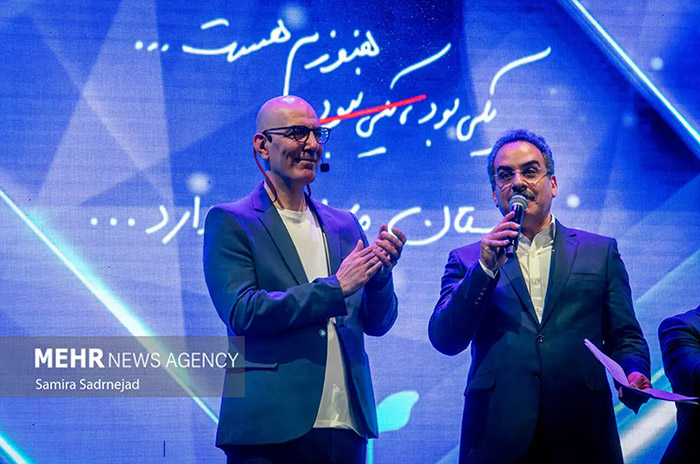Sociopolitical Implications
Ghaempanah’s attendance and his emotional response come at a time when Iranian society is grappling with internal tensions—ranging from political dissatisfaction to social fragmentation. His message taps into a yearning for authenticity and solidarity amid increasing polarization.
By celebrating the moral fortitude of ordinary families, he elevates civil society over bureaucracy, emotion over dogma, and personal agency over institutional inertia. This represents a subtle but significant shift in the tone of official rhetoric—away from abstraction and toward human connection.
His message may also reflect a larger trend within Iranian governance: the attempt to re-legitimize authority through cultural and emotional outreach. It may be seen as part of a broader strategy to reconnect with the people, especially in the wake of past traumas and public discontent.
At the same time, such statements walk a fine line. If not backed by consistent policy or genuine engagement, they risk being dismissed as symbolic gestures. The real test lies in whether words like Ghaempanah’s are followed by actions that honor the memory of the lost not just ceremonially, but materially and politically.

